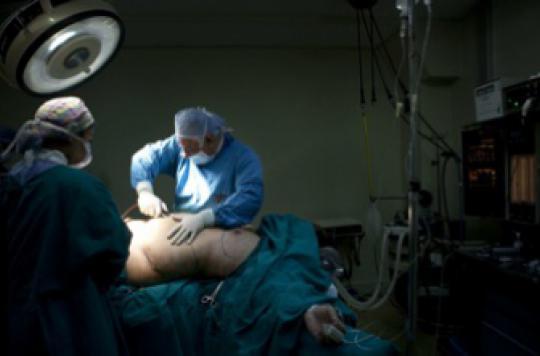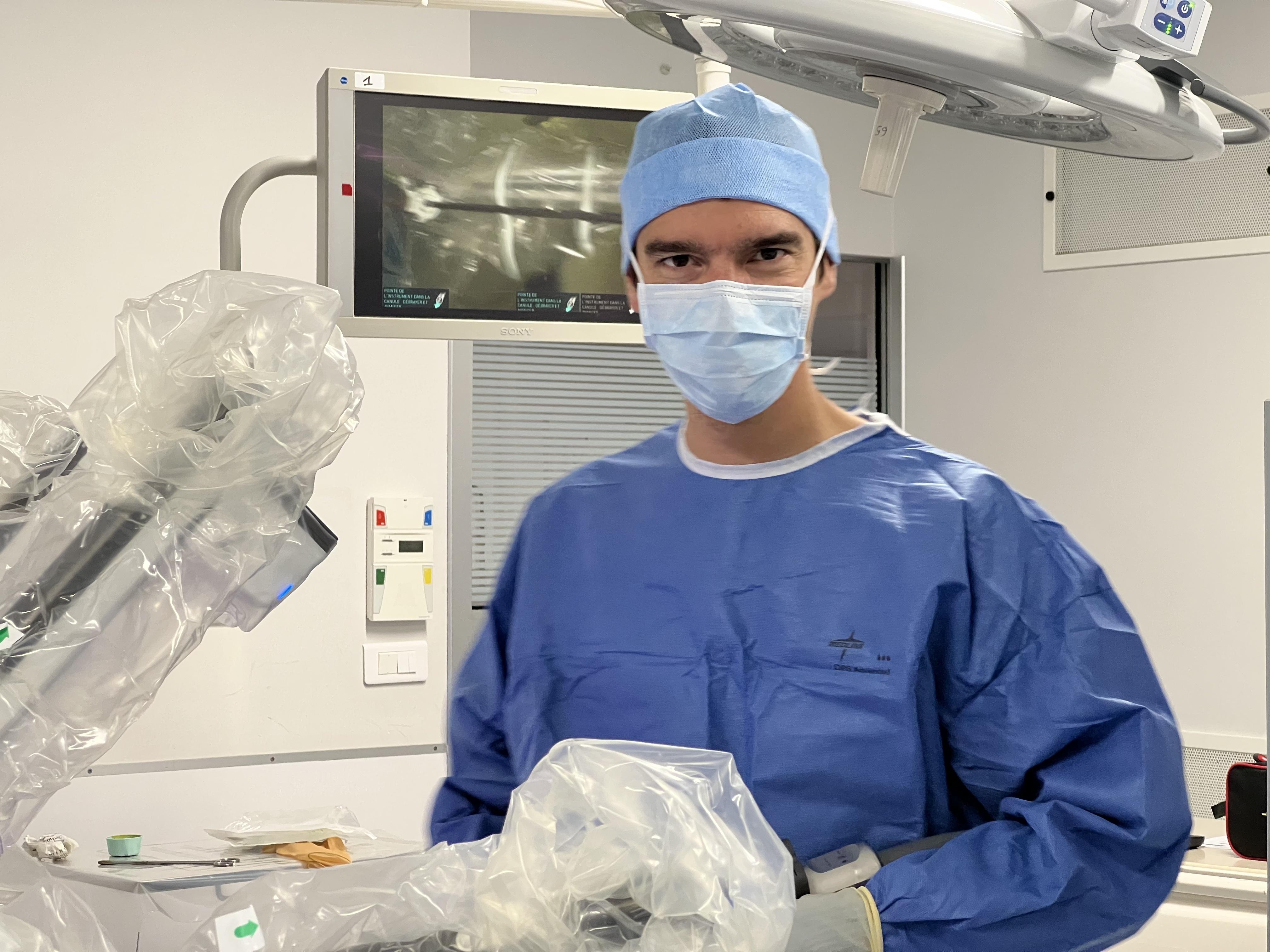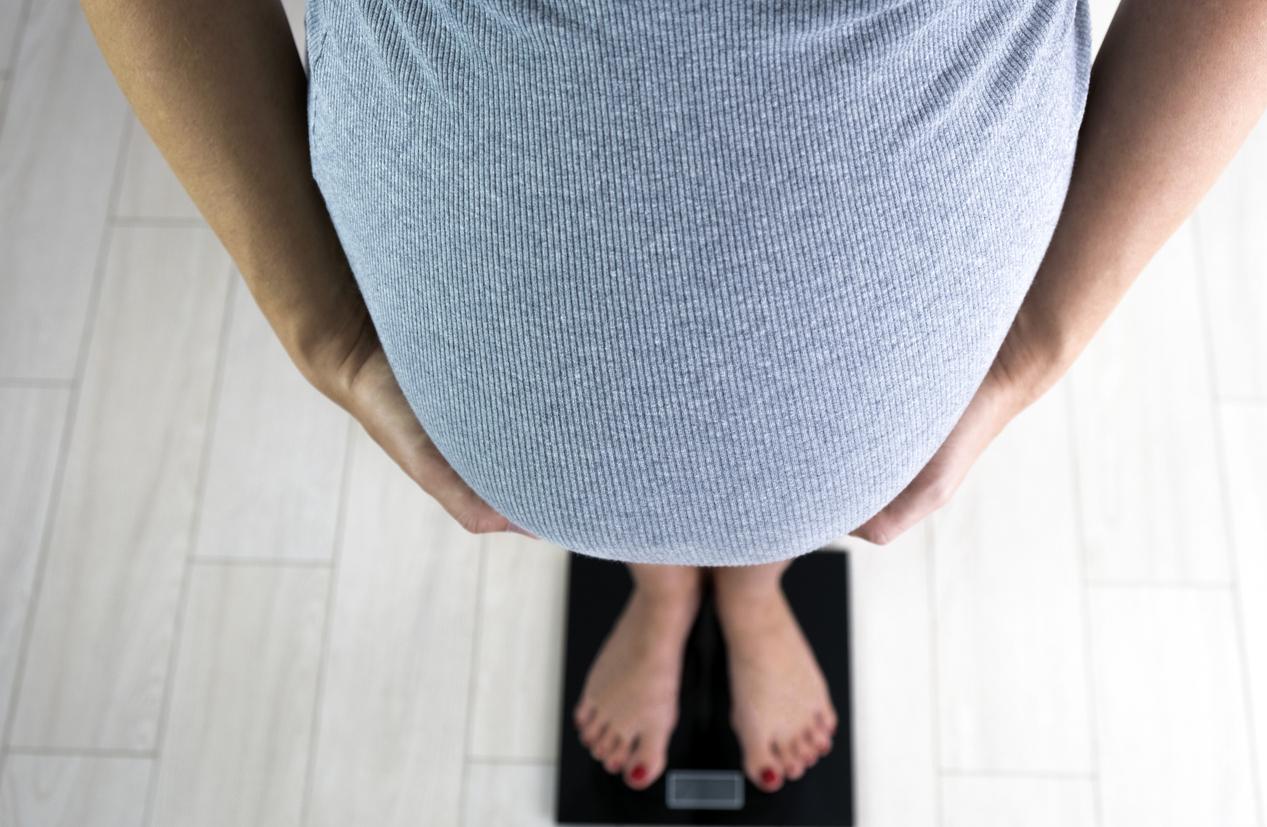Obesity surgery not only causes weight loss, it also leads to bone loss that continues two years later. Long-term monitoring is therefore necessary.

Bariatric surgery allows dramatic weight loss … but is also accompanied by bone loss. Two after the operation, bone density continues to decline in patients, warns a study presented on June 23 at the joint congress of the International Society of Endocrinology and the Endocrine Society in Chicago (Illinois, United States).
No more fractures
Researchers followed 50 obese adults in their weight loss. 30 underwent bariatric bypass surgery, 20 lost weight without being operated on. Two years later, participants in the first group experience massive bone loss, much more marked than in the second group: in the lumbar region, it is 5 to 7% stronger, and 7 to 10% stronger in the hips after surgery. of obesity. Without reaching the stage of osteoporosis, such a decline in bone density as weight has stabilized is cause for concern.
There is nothing abnormal about losing bone density after an operation aimed at weight loss, underlines Professor David Nocca, head of the bariatric surgery team at the Montpellier University Hospital (Hérault). It does not necessarily lead to more fractures – which was confirmed by a study published in the Swiss Medical Journal in 2013. But the spectacular weight loss must be accompanied by a better balanced diet.
Listen to Prof. David Nocca, head of the bariatric surgery team at the Montpellier University Hospital: ” The advantage of these operations is that you can eat anything without excess, but you need a quality intake of vitamins and minerals. “
The importance of long-term follow-up
The Swiss Medical Journal highlighted deficiencies in vitamins A, B12, D, E and K, as well as iron and calcium. A bypass is generally associated with poor absorption of vitamins and minerals, confirms Professor Nocca. In the eyes of Dr. Elaine Yu, who presented the study in Chicago, weight loss surgery disrupts gastrointestinal hormones, which can affect bones. However, Professor Nocca recognizes that apart from food supplements, no specific examination is carried out: “Normally, after an intervention, vitamins are prescribed. But we do not systematically seek to control bone metabolism, and we do not have the notion of easier fractures in this type of patient. He reminds us of the importance of long-term patient follow-up, precisely in order to anticipate and take charge of complications of this type in good time.
Listen to it Prof. David Nocca : ” Post-operative follow-up is very important. A lot of people stop it, but the nutritional deficiencies gradually set in. “
The risks of weight loss surgery emerge over time. We now know that women who have operated on must be closely monitored during their pregnancy: the risk of prematurity is doubled, and the more weight the woman has lost, the more the baby is likely to be born at a low weight. However, a method that leads to less deficiency takes over: sleeve gastrectomy, “the reference technique” for 8 years. However, it does not spare a long-term follow-up.
.

















